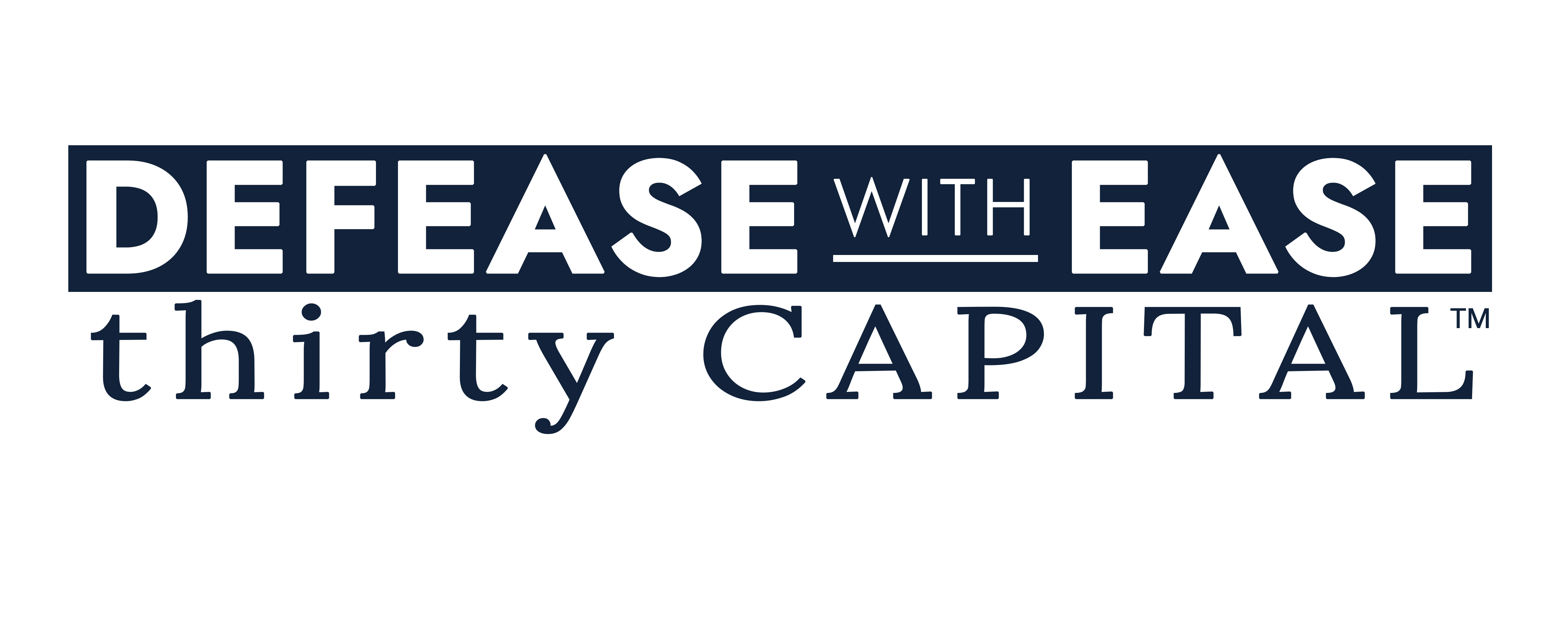When ChatGPT exploded onto the scene, commercial real estate (CRE) teams, like professionals across nearly every industry, immediately asked the question: Can this help me manage my business better?
The answer seemed obvious. A natural language tool that can write emails, summarize documents, and generate insights? Perfect for an industry drowning in spreadsheets, loan agreements, and investor reports.
But here’s the uncomfortable truth: ChatGPT was not built for CRE. And while it may feel like a quick productivity boost, relying on it for cashflow, debt, and equity management can expose your business to costly mistakes and hidden risks.
It’s not about whether ChatGPT is powerful. It’s about whether it’s purpose-built for the realities of CRE finance and operations. And it isn’t.
The Illusion of Relevance
At first glance, ChatGPT feels like it gets it. Ask it to explain debt service coverage ratio (DSCR) or capital stack hierarchy, and it can produce a perfectly fine textbook definition. Ask it to summarize an offering memorandum, and you’ll get a polished paragraph that looks like it belongs in a pitch deck.
This creates the illusion of relevance. Because ChatGPT is trained on a massive, generalized dataset, it can talk the talk. But CRE teams don’t just need definitions. They need actionable insights that are deeply contextual:
- What happens to my DSCR if rents grow at 2% while interest expense resets 150 basis points higher?
- Which loans in my portfolio face refinance risk next year based on the forward curve?
- How do I restructure a capital stack to reduce reliance on expensive preferred equity?
These aren’t theoretical questions. They are decisions tied to real dollars, real investors, and real risk. And that’s where ChatGPT falls short.
The Accuracy Problem
CRE leaders can’t afford “good enough”. A misplaced decimal in a waterfall model or an overlooked covenant trigger can derail an entire deal.
Generic AI systems like ChatGPT are known for hallucinations — confidently producing wrong answers. That’s a problem when you’re asking about refinancing timelines, rate cap costs, or debt service obligations. ChatGPT isn’t trained on proprietary CRE datasets. It doesn’t understand the nuances of loan docs. It can’t reconcile your Yardi export with your Argus model.
In other words: It can sound right without being right.
And in CRE, that gap between “sounds right” and “is right” is measured in millions of dollars.
The Security Blind Spot
There’s also the question of security. Many CRE firms have experimented with pasting snippets of loan agreements or investor reports into ChatGPT for quick analysis. The convenience is undeniable. But is it safe?
One of the clearest warnings about misusing generic AI tools comes straight from Sam Altman, CEO of OpenAI. In public comments, he’s urged users to avoid uploading sensitive documents, noting that doing so is unwise because you’re exposing content to systems not designed for high-assurance secrecy. That guidance is worth pausing over when CRE teams casually paste rent rolls, loan agreements, or investor reports into ChatGPT in the name of speed.
For CRE operators, the risk is twofold:
1. Regulatory exposure. Mishandling financial data can raise compliance issues with lenders, investors, and regulators.
2. Reputational damage. A single misstep in data handling can erode trust with capital partners, something no spreadsheet shortcut is worth.
If OpenAI’s own leadership warns against it, we should take the warning seriously, especially when the stakes in CRE are far higher than those in consumer applications. The bottom line: ChatGPT wasn’t designed for confidential portfolio data. And CRE teams can’t afford to learn that lesson the hard way.
The Context Problem: CRE Isn’t Just Another Dataset
Even if accuracy and security weren’t issues, ChatGPT still fails on the most important dimension: context.
CRE is a specialized language of risk and return. It’s not enough to know that DSCR stands for debt service coverage ratio. A CRE-focused tool needs to understand how lenders use it, how investors interpret it, and how it interacts with your portfolio-level strategy.
Context means recognizing that a 1.25x DSCR in one deal may signal strength, while in another it’s a red flag based on sponsor structure or market cycle. It means understanding the difference between mezzanine debt and preferred equity not as abstract concepts, but as levers in the capital stack with unique risks and costs.
ChatGPT doesn’t provide that context. It can’t. Because it wasn’t designed to continuously ingest portfolio data.
Why CRE Needs Purpose-Built AI
This is where purpose-built platforms change the game. The future isn’t about forcing generic tools into CRE. It’s about designing solutions that are trained on the realities of debt markets, property performance, and capital stacks.
That’s why platforms like Lobby AI exist. Unlike ChatGPT, Lobby AI is trained specifically for CRE finance and portfolio analysis. It doesn’t just “talk the talk”; it connects directly to your portfolio, understands your debt structures, and provides secure, actionable insights.
Some examples:
- Instead of hallucinating answers, Lobby AI pulls from actual performance data, loan terms, and maturity schedules.
- Instead of exposing sensitive docs to public servers, Lobby AI runs in a secure environment where confidentiality is built in.
- Instead of generic responses, Lobby AI applies 25 years of CRE debt advisory expertise, making insights portfolio-specific and not theoretical.
The difference isn’t just accuracy. It’s reliability. CRE teams need confidence in their numbers, not polished guesses.
The Risk of Standing Still
It’s tempting to dismiss AI entirely after seeing some of ChatGPT’s shortcomings. But ignoring AI altogether is just as risky.
Markets are shifting faster than ever: rate volatility, liquidity constraints, and investor expectations mean CRE teams need sharper tools, not blunter ones. Those who lean into purpose-built AI will move faster, see risks earlier, and make better capital decisions. Those who rely on generic tools (or worse, none at all) will be left playing defense.
The lesson isn’t that AI has no place in CRE. It’s that the right AI has to be designed with CRE in mind.
Moving from Hype to Strategy
ChatGPT sparked the AI hype cycle. But CRE leaders don’t need hype; they need strategy.
The strategic path forward means asking three questions:
1. Is the tool purpose-built for CRE? If not, how much context will be lost?
2. Can I act on these insights with confidence? If not, what’s the real cost of errors?
3. Is my data secure? If not, how much risk am I exposing investors and lenders to?
When viewed through that lens, the difference between ChatGPT and Lobby AI becomes clear. One is a powerful generalist. The other is a specialist built for high-stakes decisions in a complex, capital-intensive industry.
Conclusion: Precision Matters
Commercial real estate is not forgiving. There are no mulligans when a refinance goes sideways or a covenant breach triggers a cash sweep. Teams need more than well-written summaries. They need precision, security, and context.
ChatGPT wasn’t built for CRE. Lobby AI was. And in an environment where millions of dollars ride on every decision, that distinction matters more than ever.
Is your team exploring potential options?
Check out short, on-demand videos in Lobby AI’s demo center or book a 20-minute live demo.
 Lobby AI — the ChatGPT for CRE — is here. Instantly turn your data into decisions and accelerate insights from weeks to seconds.
Lobby AI — the ChatGPT for CRE — is here. Instantly turn your data into decisions and accelerate insights from weeks to seconds. 



